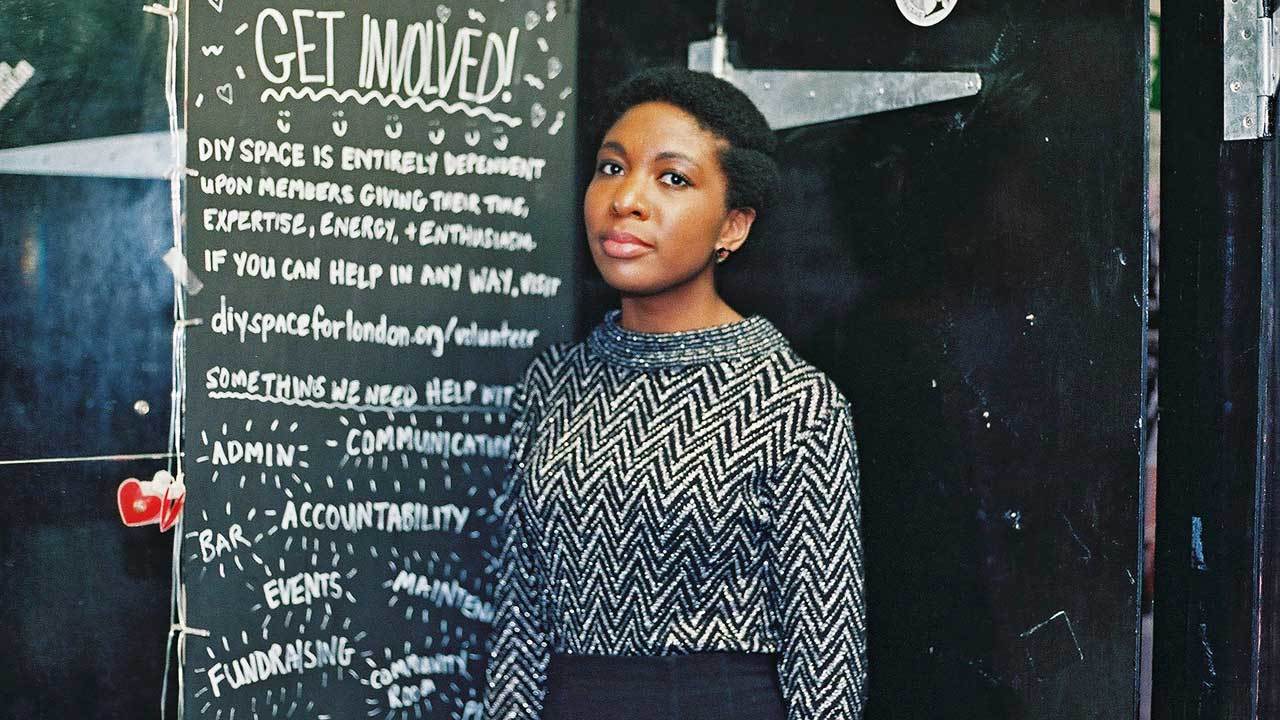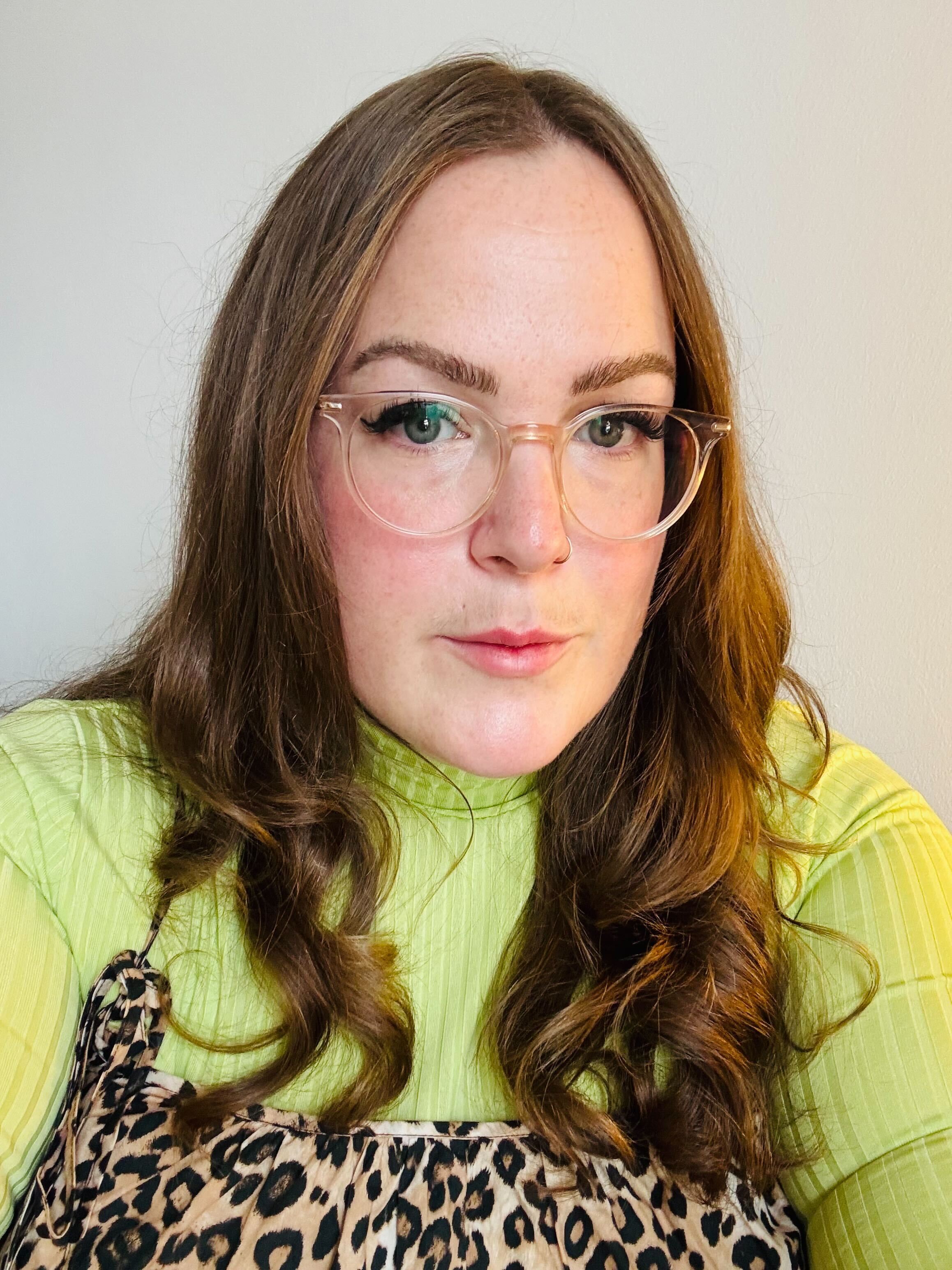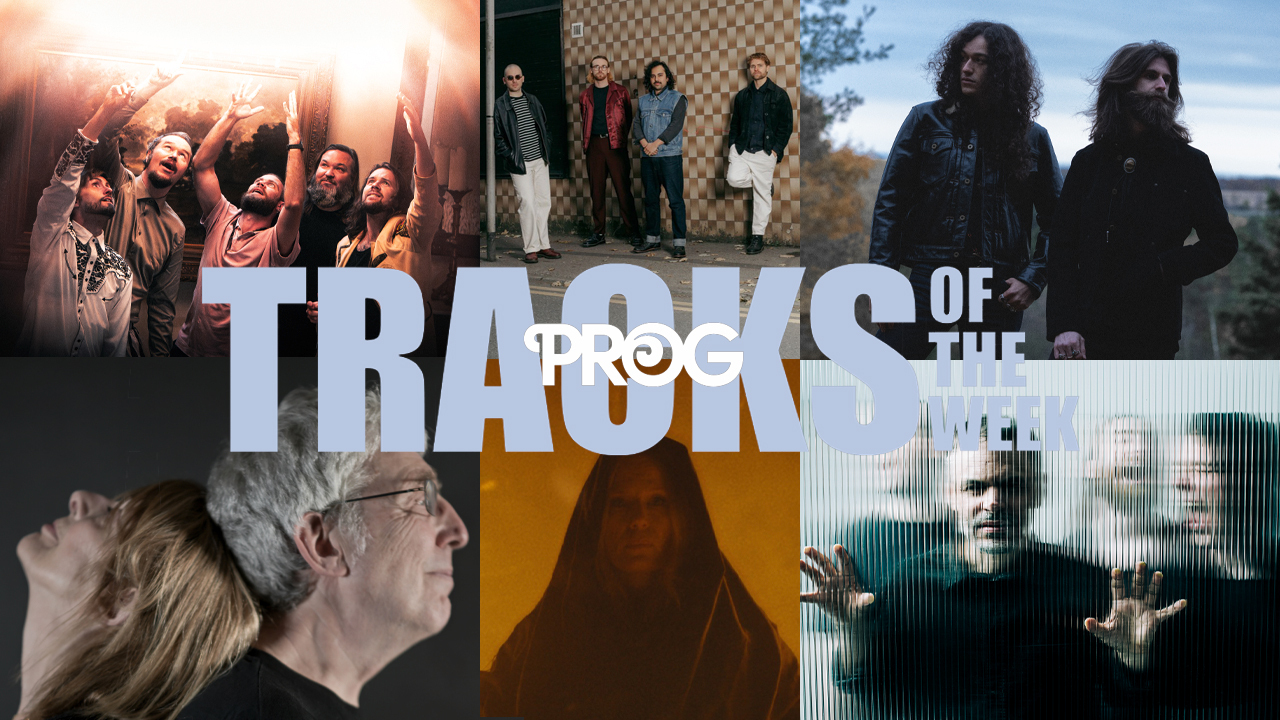Investigating the workshops clearing the path for female sound engineers
We catch up with sound engineer Estella Adeyeri to find out about the volunteer-run workshops leading the charge in breaking down barriers for women in sound production

Select the newsletters you’d like to receive. Then, add your email to sign up.
You are now subscribed
Your newsletter sign-up was successful
Want to add more newsletters?

Every Friday
Louder
Louder’s weekly newsletter is jam-packed with the team’s personal highlights from the last seven days, including features, breaking news, reviews and tons of juicy exclusives from the world of alternative music.

Every Friday
Classic Rock
The Classic Rock newsletter is an essential read for the discerning rock fan. Every week we bring you the news, reviews and the very best features and interviews from our extensive archive. Written by rock fans for rock fans.

Every Friday
Metal Hammer
For the last four decades Metal Hammer has been the world’s greatest metal magazine. Created by metalheads for metalheads, ‘Hammer takes you behind the scenes, closer to the action, and nearer to the bands that you love the most.

Every Friday
Prog
The Prog newsletter brings you the very best of Prog Magazine and our website, every Friday. We'll deliver you the very latest news from the Prog universe, informative features and archive material from Prog’s impressive vault.
Stop what you’re doing for a second and consider something: when’s the last time you saw a female sound engineer running a show?
Chances are, the answer is never. It’s a sorry truth that while the women who populate the world’s rock and metal communities have worked hard to stamp their authority on the industries and scenes they inhabit, there are a few stubborn, gloomy corners of music production that are still heavily dominated by men.
Sound engineering is one such pursuit. To those on the outside, it’s a skill seemingly shrouded in mystery; an ancient knowledge passed down through generations of men with secrets in their brains and wisdom in their fingertips… Until now.
Across the UK, women are pioneering skill-sharing workshops and networks to demystify the process behind sound engineering. We catch up with Estella Adeyeri – a sound engineer who volunteers with Girls Rock London and DIY Space For London – to present a how-to guide for any and all women looking to get to grips with sound production.
Know how and where to get started
Adeyeri first got involved with sound engineering when a local volunteer-run gig space advertised a series of free workshops. “I had played in bands for a few years and played plenty of shows, but none of them ever had a female sound engineer,” she says.
“So when I saw that [community centre and gig venue] DIY Space For London had opened up this opportunity to come and learn sound engineering – with no experience, where they expressly stated their desire to combat the gender bias associated with sound, and where you didn’t have to pay, when I’d always thought it’d be quite expensive to go off to college and study a sound engineering course – it made it seem really accessible, and in a fun environment with music I’d be interested in. So, I decided to see if I could learn, so that way I’d feel more confident when I was playing my own gigs to know what to ask for at soundchecks.”
“I joined the Soundworker’s Collective at DIY Space For London in 2015. I hadn’t done any sound engineering before then, but through joining that collective I was able to shadow other people who were already employed as sound engineers. It was on the job learning; occasionally there’d be a workshop or something, but mainly I learnt through shadowing at actual gigs, picking up more and more as I did more and more shows. Eventually, I learnt enough to run shows and workshops myself.”
The latest news, features and interviews direct to your inbox, from the global home of alternative music.
The DIY Space For London Sound Workers Collective is open to everyone, and more information can be found on their official site.
Find a supportive environment to learn in
“If you can find a comfortable environment to learn in – or, even, a mentor who’s another woman – that can be really helpful,” says Adeyeri. She suggests camps and workshops can provide a non-judgmental environment for women to learn in.
“I also volunteer with Girls Rock London, which is a charity that runs workshops for women and girls, and for trans or non-binary youth and adults. For adults, we run a four-day camp over a bank holiday weekend; for kids we’ll run a six day camp in their summer holidays. They can come and learn an instrument, join a band and play a gig all within the space of the camp. During that, I personally have given some tutorials on basic sound engineering, what to expect from soundchecks and areas like that.”
“The whole Girls Rock mission is to demystify music in general – from making music, to things like production or engineering. They provide opportunities for recording, and during the week you’ll learn about different aspects of the music industry.”
“A lot of it is about increasing people’s confidence, because a lot of the time women might feel like they can’t play an instrument or run a gig, because we can’t see or don’t get as many female role models in these things. I think there’s been really positive strides to increase the visibility of women performing music in recent years, but sound still seems really male-dominated. So we’re pushing sound engineering to the front.”
Girls Rock run camps in cities all over the world. Find out more on their official site.
- TeamRock+ Membership is now £2.99/$3.99!
- Joan Jett: Rebel with a cause
- A farewell to kings: How women are rejuvenating prog rock
- Floor Jansen: "People don’t get to dictate what they want from me"
Believe in yourself, because it’s not as hard as it looks
When asked for the key tips she believes any budding sound engineer should know, Adeyeri has a number of failsafe tricks up her sleeve. “My main tip would be to take the plunge and believe that sound engineering is something you can get to grips with,” says Adeyeri. “Like anything, it’s just another skill to be learned – there’s no inherent reason why women shouldn’t be able to learn it.”
“Know it’s not as complicated as it looks. When you’re first presented with a desk it can look quite overwhelming, just because it’s literally a massive desk with a million buttons, so that can be quite off-putting from the get go, but don’t let it overwhelm you.”
“I think it’s often felt like people don’t really share their knowledge in that environment; that there’s a soundman who has all the knowledge and who never goes out of his way to explain what he’s doing or why. So, also know that it’s not this mystical area of knowledge that’s going to be impossible to grasp, even though it does look intimidating.”
“Be patient with the learning process,” she adds. “No one’s expecting you to learn everything straight away, because it is quite a process. Also know that there is a certain level of unpredictability in running a show or sound engineering, because every time you work will be different. Try not to panic about the things you can’t control, because sometimes you literally can’t tell what’s going to happen on a night. Sometimes, things will go wrong – but it’s not the end of the world.”
“Always check your equipment,” she concludes. “If something’s not working, a lot of the time it’s just that you’ve either not turned something on or you’ve not unmuted it. You’d be surprised how often that happens, so always go through that as the first thing you should check.”
Connect yourself
“Try to find good networks,” advises Adeyeri. “There’s a Facebook group called SoundGirls.org – they put on training for women getting into sound engineering, but it’s just a really good group, because it’s women in the industry sharing knowledge and tips about where jobs are available. They also give advice – or you can ask for advice – and it’s a group of supportive women and non binary people who will give you the replies you need and give you that patience.”
“Sometimes they arrange meet ups, so you can find people nearby who have the same interests as you, and it’s a good place to look for a mentor.”
This article is part of the #SheRocks online campaign. Check out more #SheRocks content on Twitter, Facebook, and over on the TeamRock site.
Briony is the Editor in Chief of Louder and is in charge of sorting out who and what you see covered on the site. She started working with Metal Hammer, Classic Rock and Prog magazines back in 2015 and has been writing about music and entertainment in many guises since 2009. Her favourite-ever interviewee is either Billy Corgan or Kim Deal. She is a big fan of cats, Husker Du and pizza.

